Categories
Hot Insights
See All-


Studies Find Mushrooms Can Reduce Cancer Risks | Best Cancer-Fighting Foods
How can mushrooms reduce cancer risks? Mushrooms are more than just a tasty addition to your meals. They are nutritional powerhouses that provide essential vitamins, minerals, and antioxidants. Additionally, mushrooms contain compounds like polysaccharides and beta-glucans, which can have great medicinal properties, such as fighting cancer (2). Several types of mushrooms have been studied for […]
-


Best Diet for Prediabetes: Best Foods to Eat and Foods to Avoid
What is prediabetes? Prediabetes is a condition where blood sugar levels are higher than normal but not high enough to be diagnosed as type 2 diabetes (2). In this condition, the body’s cells become resistant to insulin, a hormone that regulates blood sugar levels. Consequently, this leads to an imbalance in blood sugar levels. Normal […]
-

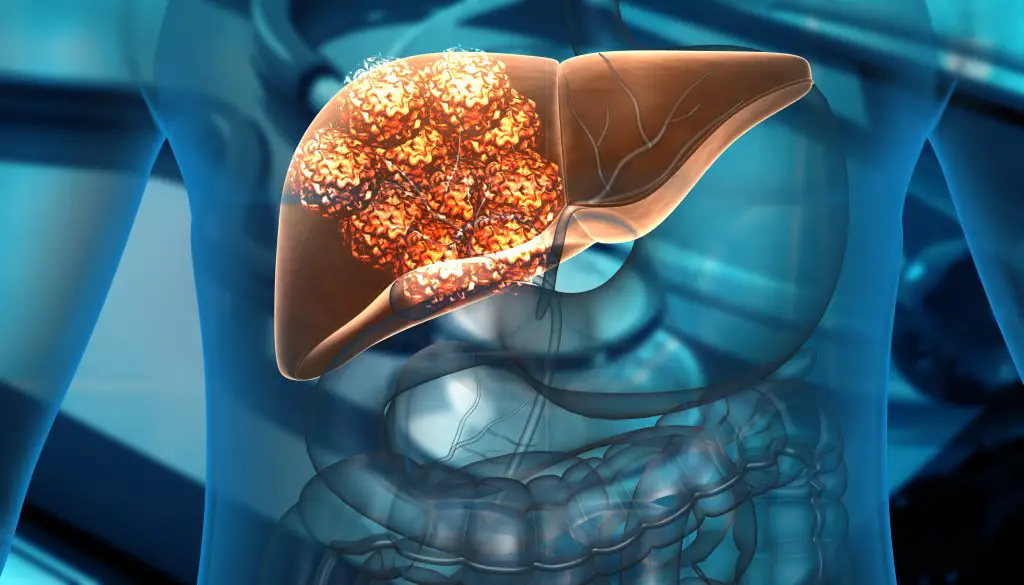
New Screening Tool May Improve Liver Cancer Survival Rates up to 90%: Study Finds
What is hepatocellular carcinoma (HCC)? Hepatocellular carcinoma (HCC) is the most common type of cancer that comes from the liver. It occurs when the liver cells (called hepatocytes) grow uncontrollably and create a tumor. HCC is a serious condition that often develops in people with chronic liver disease, such as cirrhosis, hepatitis B or C […]
-


Does Nicotine Raise Blood Pressure? Explore The Link, Prevention Strategies, and More
Does smoking cause high blood pressure? In the short term, yes. Every time you smoke, it causes a temporary increase in blood pressure (1). Blood pressure increases when blood has difficulty traveling through the blood vessels. In simple terms, it’s like you’re in a tunnel with a lot of people, and you need to make […]
-


Back Pain After Sleep: Causes, Chiropractic Care, and Other Remedies
Back hurts after sleeping: Common causes Poor sleep habits and an unsupportive sleep environment are common culprits behind back pain after sleep (5, 6). However, underlying medical conditions like arthritis, disc herniation, and fibromyalgia can contribute to the condition. Here’s a look at the common causes. Poor sleeping position Sleeping on your stomach can force […]
Video Series
See All-



Fact Check — Kidney Misinformation Seen by Millions
-


Half the World Eats Rice Toxins Daily That Damage Kidneys
-


See How Spinach Can Damage Your Kidneys
-


Avoid These 7 Plant-Based Foods That Can Damage Your Kidneys
-


These 7 Daily Habits Can Help Lower Your Creatinine Levels | Improve Kidney Health
-


9 Skin Signs That May Indicate Your Kidneys Are Damaged
-


Surprise! Drinking Water Wrongly Can Damage Your Kidneys
-


9 Fruits to Lower Creatinine Levels and Improve Kidney Health
-


Top 9 Drinks To Help Stop Proteinuria and Heal Your Kidneys
Advisory Board
Learn more-

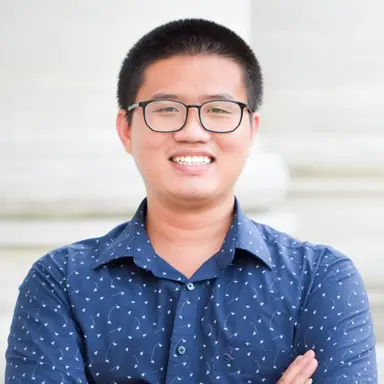
Anh Cao, M.Sc., Ph.D Candidate
Ph.D Candidate in Immunology Immune Cells, Innate Immune CellsAnh Cao is a Ph.D. candidate in immunology at Harvard University. He obtained his M.Sc. Degree in immunology at University of Toronto. For the last 8 years, his research has focused on a wide range of immune cells, including B cells, T cells, and innate immune cells. His publications have been featured in high-profile journals such as Cell and Nature which have been cited over 200 times.
-


Donna Schwontkowski, DC (retired), MS and BS Nutrition, Herbology
Clinical Nutrition, Deficiency Diseases, Heavy Metal & Environmental Toxins, Detoxification, Chiropractic Medicine, Herbal Healing Master Herbalist certification in herbs from the School of Natural Healing BS NutritionDr. Donna Schwontkowski is a retired chiropractic physician with a master’s degree in Nutrition and Herbology. She has focused her career on three primary areas: clinical nutrition, learning and memory, and health/self-improvement publications. Dr. Donna’s mission in life is to act as an intercessor for people in all three of these areas, allowing them via teaching them, working in groups with them, or mentoring them to reach their potential in health, learning and memory, and ability to transform one’s life. Dr. Donna was also a journalist for health and fitness magazines for 15 years, the editor of Sacramento, CA’s Health & Fitness Magazine, and Co-producer and host of a TV show on health for four years. She has taught hundreds of community courses on many aspects of health and natural healing to thousands of students over the years. Her accelerated learning background has also allowed her to teach thousands of college and postgraduate students science and dozens of children how to read five books in a week as well as how to learn any subject quickly, including health and science.
-

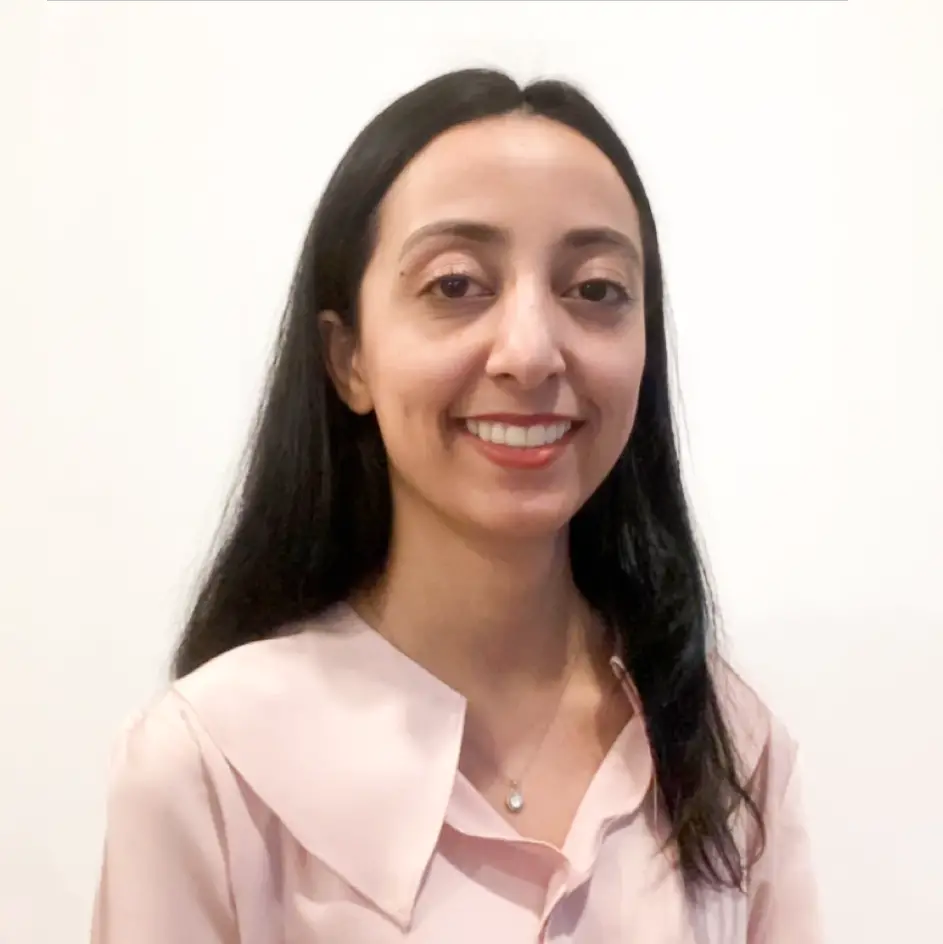
Komal Gilani, MBBS
General Medical Practitioner Pakistan Medical & Dental Council (PMDC)Dr. Komal Gilani is a licensed general medical practitioner in Pakistan with a Bachelor of Medicine & Bachelor of Surgery (MBBS) degree. Her research-oriented approach to clinical queries defines her take on health. Presently, she is actively engaged in multiple studies aiming to improve healthcare through her work.
-

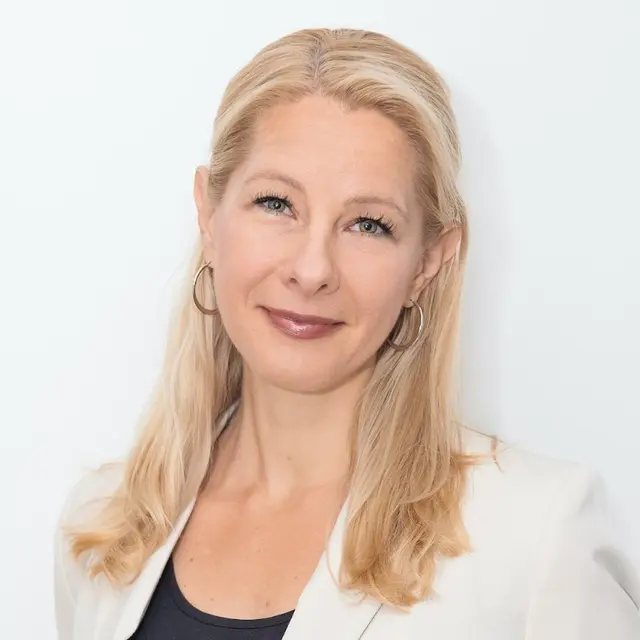
Sheridan Genrich, CGP, NP
Clinical Nutritionist, Naturopath & IridologistSheridan is a degree-qualified clinical nutritionist, naturopath & health coach who specializes in mood & digestive disorders, particularly food-related sensitivities. A certified FitGenes practitioner (nutrigenomics - interpretation of how personalised nutrition & lifestyle interventions impact genes). Also trained in Vitae Mosaic, naturopathic functional medicine. Through comprehensive anlaysis of the symptoms, timeline health history, iris assessment and functional lab results (among other tests), she can piece together the root cause of the problem, so you can gain control over your health & live with your true potential. Her local & online practice is grounded in cutting edge research on gut-brain nutritional science. Since completing a health science degree in complimentary medicine 8yrs ago, Sheridan has continued to deepen her research & use of bio-individual nutrition, herbs and the latest in functional medicine testing. This has seen significant improvements in the quality of life for her clients. Even those with long-standing chronic conditions experience rapid relief, when the biochemical imbalances or 'triggers of dysfunction' are corrected. She is a co-author on mental health of the Amazon best selling book: "Rapid Change: For Busy Heart Centered Women Who Want To Be The Best Version of Themselves"
-

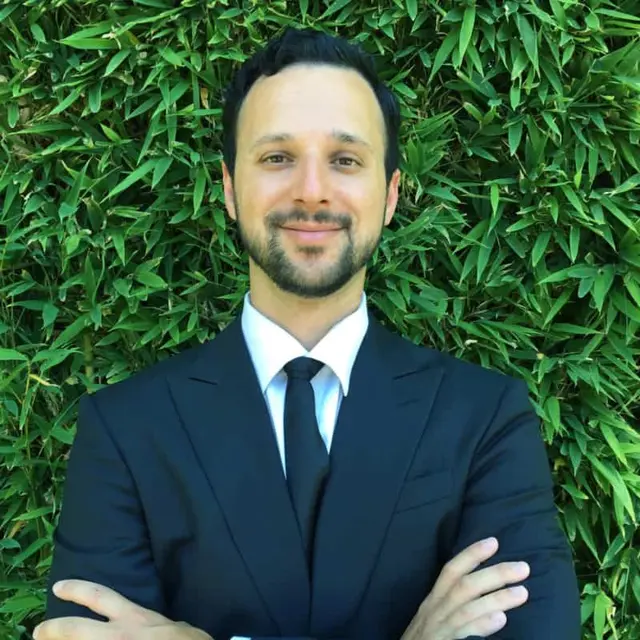
Joel Warsh, MD, MSc
Pediatrician Pediatric and Adolescent Medicine, Integrative MedicineJoel Warsh is a Board-Certified Pediatrician in Los Angeles, California who specializes in Parenting, Wellness and Integrative Medicine. He grew up in Toronto, Canada and completed degrees in Kinesiology, Psychology and Epidemiology and Community Health before earning his medical degree from Thomas Jefferson Medical College. He completed his Pediatric Medicine training at Children’s Hospital of Los Angeles (CHLA) and worked in private practice in Beverly Hills before founding his current practice, Integrative Pediatrics and Medicine Studio City, in 2018. Dr. Gator has published research in peer-reviewed journals on topics including childhood injuries, obesity and physical activity. He has been featured in numerous documentaries, films, summits, podcasts and articles including CBS, Fox, LA Parent, Washington Post, MindBodyGreen, and many others. He is also the founder of the Parenting Masterclass Platform Raising Amazing which can be found at RaisingAmazingPlus.com Dr. Joel Gator may be best known for his popular Instagram DrJoelGator where he offers weekly parenting and integrative pediatric support. He is a consultant for high-profile brands in the health and wellness space. Dr. Gator is married to Sarah Intelligator, an attorney, whose Holistic Divorce and Family Law practice is located in Beverly Hills. For almost 20 years, she has taught yoga throughout Los Angeles. Dr. Joel was given the nickname, Dr. Gator, by his peers after marrying Sarah Intelligator (yes that is her real last name) and the nickname stuck. Dr. Gator is an avid athlete, foodie and traveler.
-

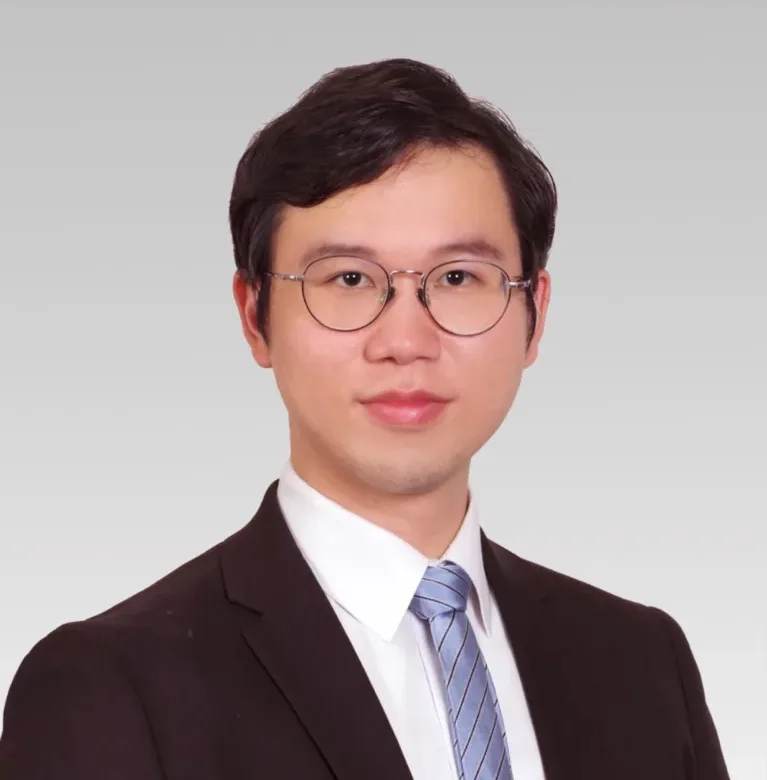
Yu-Hsin Liang, MD
ECFMG Certification, Medical Licensure in Taiwan, Clinical Training at National Taiwan University Hospital Graduate Student in Harvard T.H. Chan School of Public HealthYu-Hsin Liang is currently a current graduate student at the Harvard T.H. Chan School of Public Health. He received his medical education at the National Taiwan University (NTU) College of Medicine, during which he co-developed a hospital-granted surgical model and a winning integrative web model of machine learning and electronic medical records. Yu-Hsin Liang obtained his physician license in Taiwan in 2022.
-


Tatiana Denning, D.O.
Family Medicine PhysicianDr. Denning has always believed in root-cause medicine. With a focus on wellness and prevention. she has used both her medical degree and her degree in psychology, to create a program with proven results. Dr. Denning's desire to correct the underlying causes underlying cause of many chronic medical conditions has been the driving force for her focus on nutrition and weight management. With years of experience in the field, Dr. Denning has helped thousands of patients lose thousands of pounds.
-

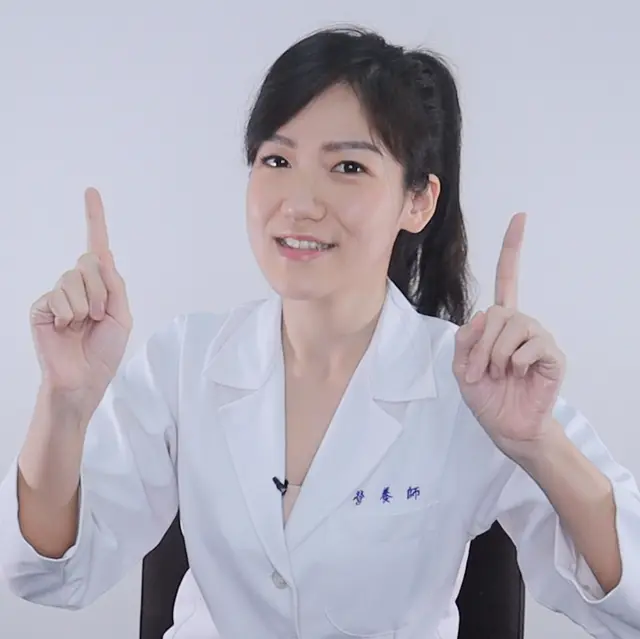
Peifen Chou, RD
Nutritionist Obstetrics and gynecology, lactation instructor, integrative medicine, aromatherapist, holistic nutritional consulting, functional medicine, and pet nutrition.Peifen is a certified dietitian in Taiwan with a Master's degree in Health and Nutrition from a institute of food science and technology. As a RD in obstetrics and gynecology, She has served over thousands of pregnant women for more than six years, providing comprehensive dietary planning and nutrition counseling for their physical and mental well-being during pregnancy and postpartum, as well as providing diet education and support for mothers with gestational diabetes. To support more postpartum mothers with lactation difficulties, Peifen went to study and obtained a lactation instructor certification in order to help novice mothers and fathers. At the same time, Peifen has also honed her expertise in different fields based on the medical foundation of dietitian. She enjoys exploring mindfulness and mental health, thus taking courses in mindful eating, aromatherapy certification, holistic therapy. Meanwhile, she improving diabetes health education in orthodox medicine, hoping to better integrate mindfulness and orthodox medicine. As a cat owner, Peifen also had the opportunity to develop canned cat food, leading her to research pet nutrition and produce healthy canned food suitable for cats to consume long-term, which is now sold in stores and website. During her spare time, besides traveling and entering the forest, Peifen also enjoys using the characteristics of ingredients and scientific analysis to make dishes and desserts, as well as growing herbs that can be used for cooking. All of them are her sources of happiness.
-


Lauren Ann Teeter, CNS, LCSW
Certified Nutrition Specialist (CNS) Licensed Clinician (LCSW) Mindfulness, Biofeedback, Integrative & Functional Medicine Functional & Integrative Approach To Mental Health, Functional Nutrition, Functional & Integrative Medicine, Psychotherapy, Mental HealthLauren is a functional nutritionist and licensed therapist who takes an integrative and functional approach to mental health and overall wellness. Lauren has worked as a clinician, researcher, and writer in mental health and functional nutrition. Lauren takes a root cause approach to wellness— looking at the body, mind, and responses to our environment. Lauren is passionate about empowering others to become their own expert and advocate in terms of optimizing their health and well-being. Lauren has worked with those with various health conditions including digestive, metabolic, hormonal and mental health. Lauren has worked in outpatient and inpatient settings.
